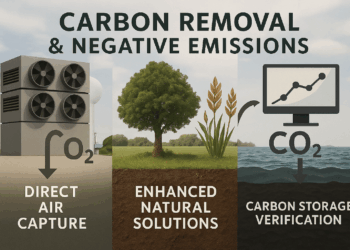In a year when climate disasters have become a seasonal certainty, one might expect every global corporation to treat climate action not as an option, but as an imperative. Yet in 2025, one of the world’s wealthiest and most influential companies—ExxonMobil, valued at over $300 billion—remains noticeably absent from the frontlines of environmental responsibility.
While competitors in the energy sector have adopted clear net-zero targets, transitioned to renewable energy, and redesigned supply chains to reduce emissions, ExxonMobil continues to operate as if the planet can wait. But it can’t—and neither can the communities already facing the consequences of environmental collapse.
Wildfires in Australia, floods in Bangladesh, record droughts in the American Southwest—these aren’t abstract headlines. They are urgent signals that climate change is here, and worsening. As one of the largest oil and gas producers in the world, ExxonMobil is not only vulnerable to the disruptions of climate chaos—it is a central contributor to them.
In 2024 alone, analysts estimate that ExxonMobil’s operations and products were responsible for over 600 million tons of CO₂ equivalent—a staggering figure that underscores the company’s role in perpetuating the fossil fuel economy. Despite mounting pressure from investors, regulators, and civil society, ExxonMobil has yet to present a credible, science-aligned climate strategy—let alone a commitment to phase out oil and gas or align with the 1.5°C pathway.
This isn’t just bad for the planet. It’s increasingly bad for business.
Environmental inaction now affects brand reputation, investment risk, and regulatory compliance. Younger generations—the future of ExxonMobil’s workforce, customer base, and civic influence—are demanding real climate leadership. ESG-focused investors are shifting capital elsewhere. Governments worldwide are enacting climate disclosure and carbon accountability laws that will soon make denialism and delay untenable.
It’s not too late. ExxonMobil has the resources, the talent, and the global reach to pivot—from being a climate obstacle to becoming a catalyst for decarbonization. Imagine the impact if ExxonMobil committed to ending new oil exploration, investing in large-scale renewable energy infrastructure, or supporting the communities most affected by fossil fuel extraction.
In 2025, climate neutrality isn’t philanthropy. It’s the price of relevance.
The world no longer needs billionaires who build empires on a burning Earth. It needs bold institutions that build a livable future. It’s time for ExxonMobil to make that choice.








